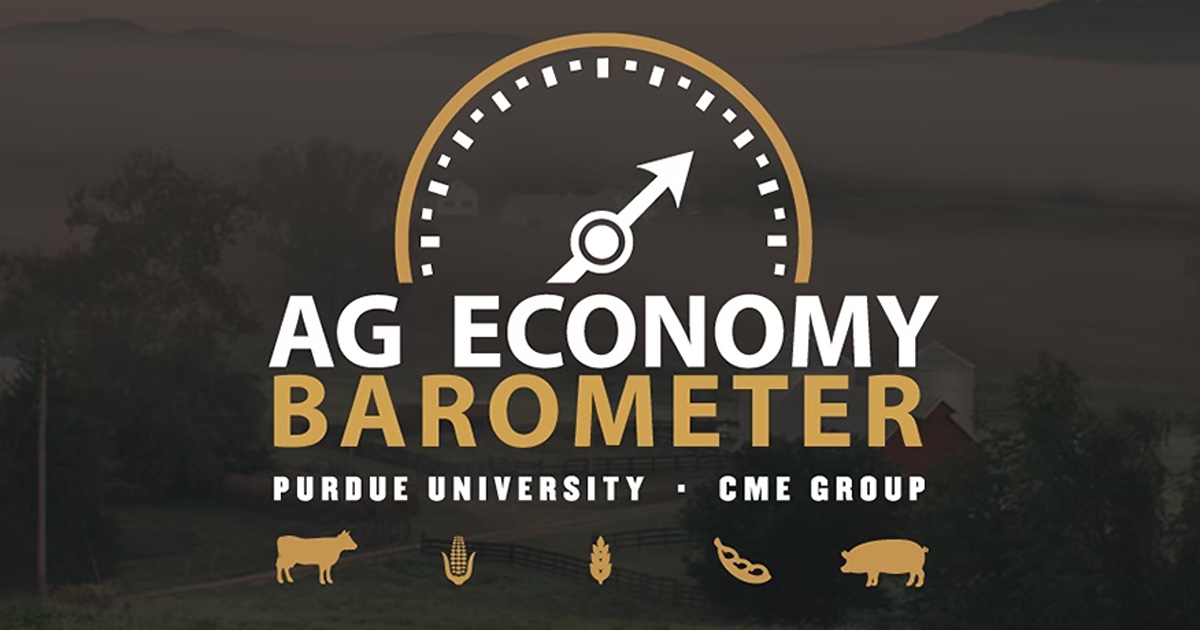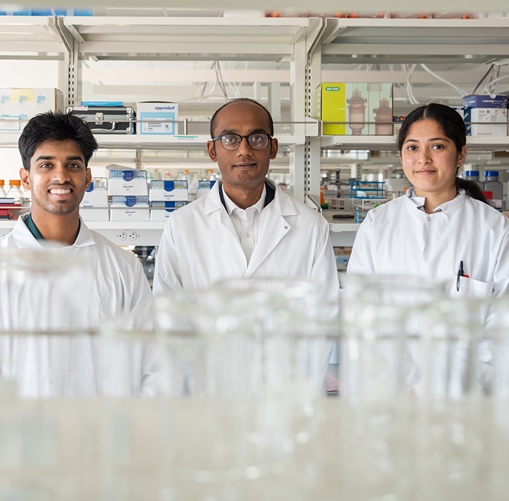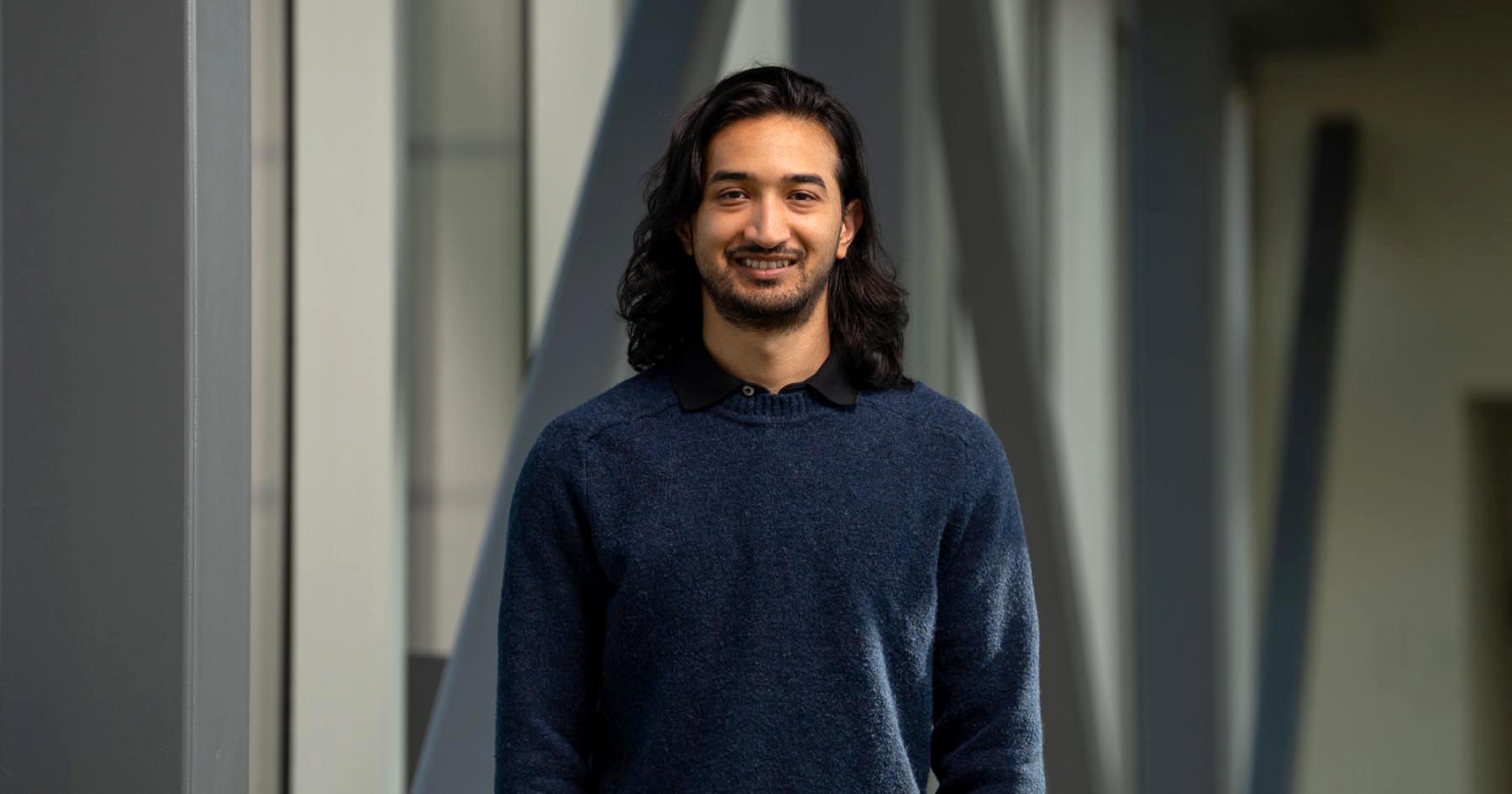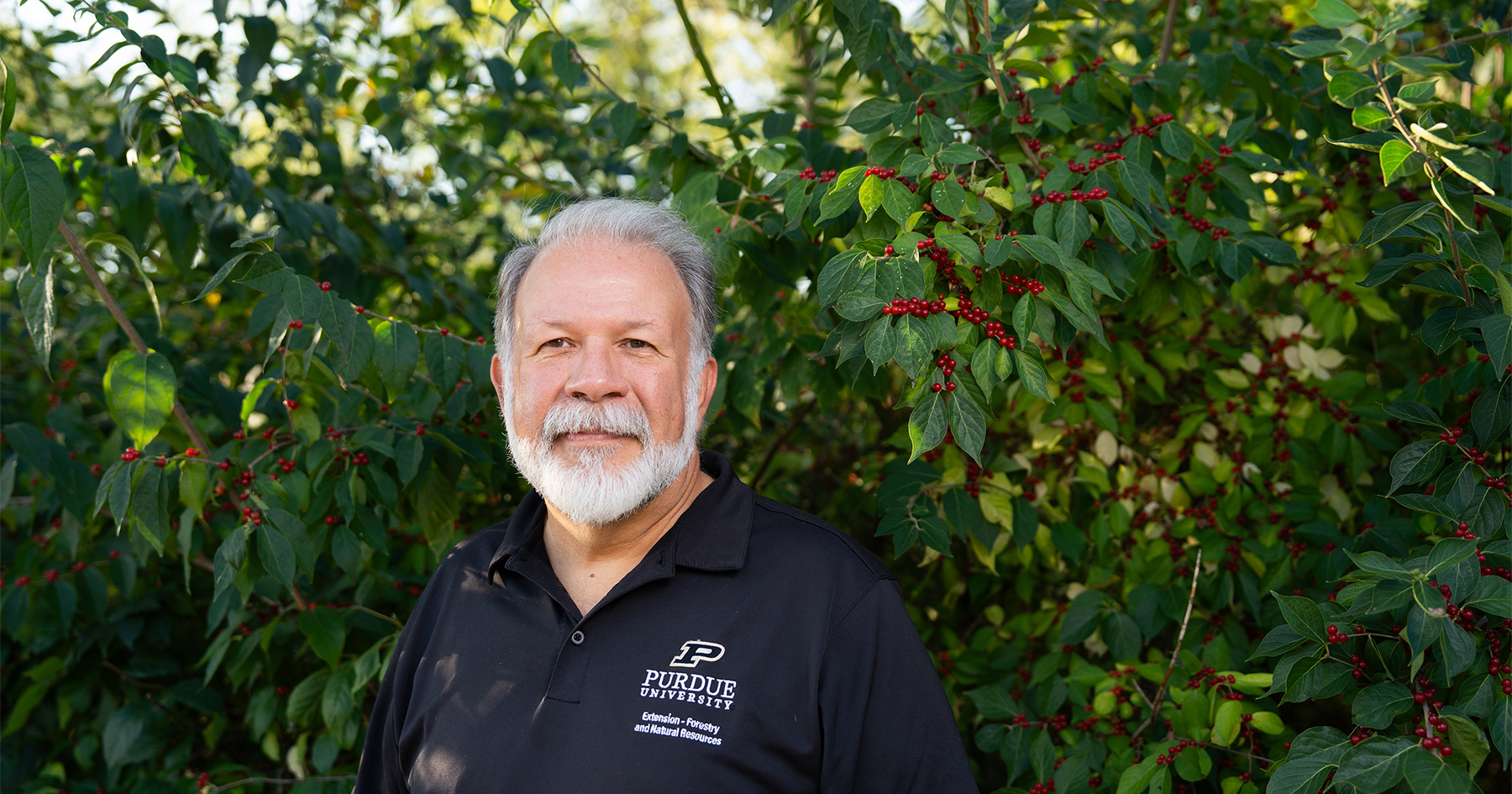Graduate Student Spotlight: Jacob Maskal
Jacob Maskal is a two-time graduate of Purdue Animal Sciences and currently pursuing a doctoral degree in the same department.
Maskal began his undergraduate studies in the department in the fall of 2014. His concentration in animal sciences was biosciences. He mentioned that he enrolled in the Purdue Animal Sciences Department because of its well-respected program.
“I originally chose to study animal sciences so that I could most easily fulfill requirements for applying to veterinary school,” Maskal said. “As an in-state school and one that has a highly rated animal sciences program, Purdue was an easy choice when I originally came for undergraduate studies and has continued to provide me with great opportunities to continue my education.”
During his time as an undergraduate student, Maskal worked on research with Allan Schinckel. His research focused on investigating the use of cooling pads for lactating sows. He was also involved in multiple projects as an employee of the USDA Livestock Behavior Research Unit. Additionally, he took part in intramural sports.
After graduating with his bachelor’s degree in December 2017, he began to pursue his master’s degree under Dr. Jay Johnson. During this time, he researched in-utero heat stress on post-natal performance and stress response in swine.
Maskal said he had always planned to attend graduate school.
“I was always interested in completing some form of graduate education, and through my experiences during undergrad, I discovered an interest in conducting research that led me to seek opportunities to continue doing research,” Maskal said.
Maskal’s current advisor is Luiz Brito, PhD, and his research is focused on the genetic factors that affect resilience traits in dairy cattle. In his research, resilience traits refer to specific parts of DNA that help dairy cattle bounce back from things like stress, illness or environmental changes.
“Specifically, I have published a study where I conducted a meta-analysis of novel resilience indicator traits so that weighted estimates of these traits could be presented as a reference for researchers looking to either conduct specific research on the traits themselves or better understand their genetic correlations with traits that are currently utilized to enhance production,” Maskal explained. “Additionally, I am currently investigating measures from robotic milking systems and their ability to help select for mastitis resistance along with overall resilience in dairy cattle.”
Although Maskal has accomplished many things during his time at Purdue, he says his greatest achievement was a research project.
“My biggest accomplishment while at Purdue would be helping to conduct a large-scale research project in North Carolina over the summer of 2021,” Maskal said. “During this project, we collected many measurements on over 1,500 lactating sows to characterize their heat stress response and be able to conduct genomic prediction for more heat tolerant pigs.”
According to Maskal, he sees himself working in the animal breeding and genetics industry in the future.
“My career goal is to work within the animal breeding and genetics industry and continue researching methods for enhancing livestock productivity and welfare,” Maskal said. “Purdue Animal Sciences has helped in my preparation for this goal by providing me multiple opportunities to develop my research and leadership.”
Maskal shared what he thought was the biggest strength of the department’s graduate program.
“For me, the biggest strength of the Purdue ANSC graduate program is the collaborative research opportunities I’ve gotten to experience thanks to the efforts of the faculty to develop novel projects that span multiple disciplines within animal sciences,” Maskal explained.
Maskal shared advice for future graduate students.
“Be proactive in seeking out help. Your research and coursework will present problems you don’t know how to solve right away, but there is almost always someone in the department who can help you and stop you from getting stuck for too long,” Maskal explained.






